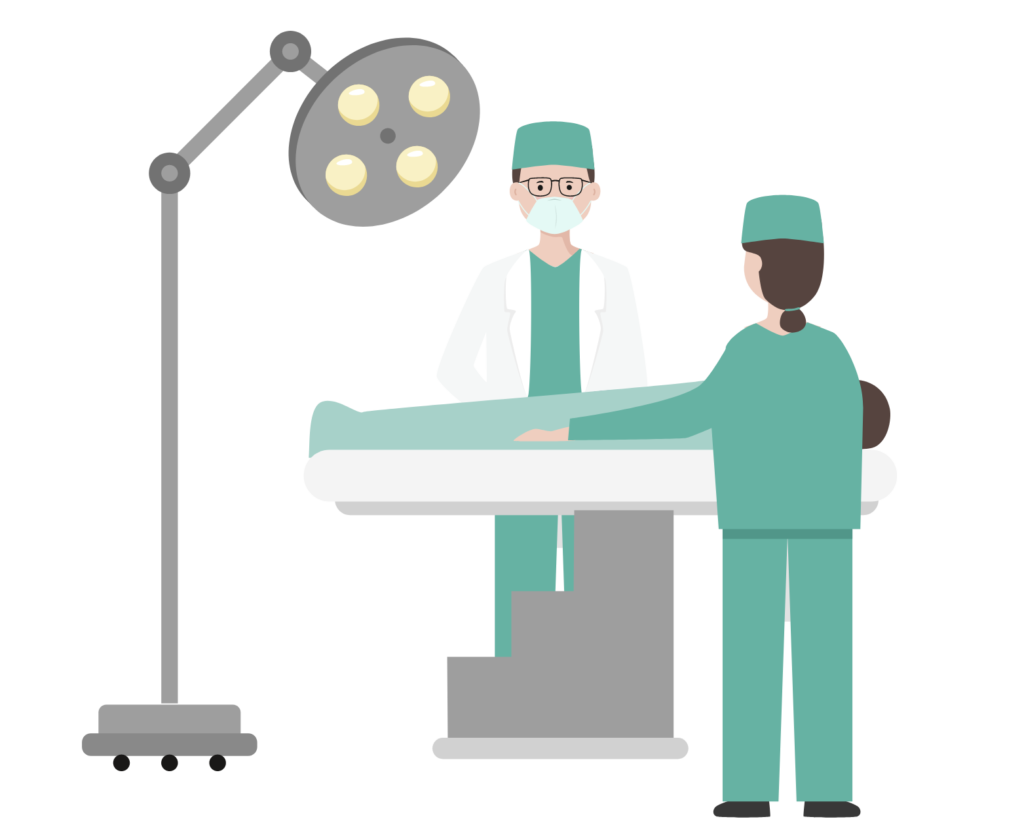General Surgery

What is General Surgery?
A General Surgeon is a part of a surgical team that also includes an anesthesiologist, nurses, and surgical technicians. Surgery is any procedure that alters body tissues to diagnose or treat a medical condition. General surgeons are doctors who specialize in surgical procedures.
Benefits of general surgeries:
General surgeries mean performing surgeries for various diseases and conditions, Ensuring personalized and effective treatment.
Effective treatment for many conditions:
Minimally invasive techniques:
Compared to traditional open surgery, it has many benefits such as less post pain, shorter hospital stay, faster recovery, and more minor scars.
Improved quality of life :
General surgery can enhance the quality of a patient’s life resolving and improving the conditions. For instance, surgeries like joint replacement or hernia repair can relieve pain, restore mobility, and enable patients to engage in daily activities more easily.
What does a general surgeon do?
To perform some surgeries, we need to specialize in certain things like cardiac (heart) surgery or neurosurgery (Brain surgeon), but not all. That’s why, there are general surgeons.
General surgeons specialize in the entire surgical procedure from the initial evolutional through preparation, procedure, and post-operation management.
- Digestive track
- The abdomen and its contents
- The skin and soft tissue, including the breasts
- The head and neck
- The blood vessels and heart
- The endocrine system (hormones and glans)
- Surgical treatments for cancer
- Surgical management of traumatic injuries
- Care of critically ill, patients with surgical needs
What do diseases and conditions general surgeons know about?
- The body’s healthy structure and function.
- How wound heals
- How blood flows and clot
- How the immune system functions
- Infections and antibiotics

When to see a general surgeon?
Patients went to see a general surgeon in a wide variety of circumstances. There are some most common.
When doctors recommend
When the non-surgical treatment doesn’t work that time your doctors suggest surgery. You can visit the general surgeon after the doctor’s recommendation.
To treat a medical emergency
General surgeons have an entire knowledge of the surgical procedure. They can perform a variety of emergency surgical procedures like appendicitis, a hernia, gallstones, or even a gunshot wound.
An elective procedure
General surgeons have a wide variety of knowledge about the entire procedure. Because of this, it is more chances that your doctors suggest you to general surgery.


